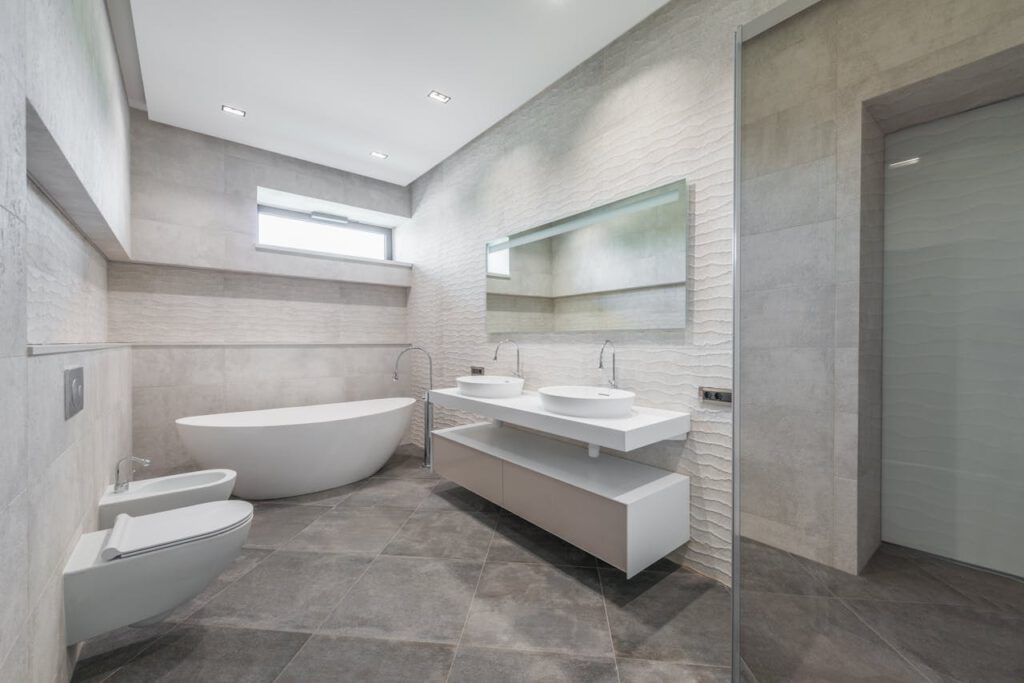Licensing and permits are the gatekeepers to the dynamic world of living and doing business in the bustling metropolis of New York City. It’s an exhilarating experience filled with opportunities, but it also comes with its own set of challenges, especially when maneuvering through the intricate landscape of regulatory requirements.
Table of Contents
Licensing and Permits
Whether you’re a small business owner, a budding entrepreneur, or a resident aiming to undertake home improvements, comprehending the nuances of licensing and permits is not just valuable; it’s a necessity. In this blog post, we’ll delve into the essentials of licensing and permits in NYC, equipping you with the knowledge to confidently navigate this complex process.
Understanding the Basics:
Before diving into the specifics, let’s clarify the difference between licenses and permits. A license is a legal document that grants permission to engage in a particular activity or operate a specific type of business, while a permit is an official document that allows an individual or business to perform a particular action or use certain facilities.
Business Licenses:
If you’re starting a business in NYC, securing the appropriate licenses is a vital step. The type of license you need depends on your business’s nature and structure. NYC offers a variety of licenses for different industries, ranging from food establishments and retail stores to professional services. The Department of Consumer and Worker Protection (DCWP) is a valuable resource for businesses, providing information on required licenses and application processes.

Building Permits:
Planning a renovation or construction project for your property? Building permits are a must in NYC. The Department of Buildings (DOB) oversees construction-related permits, ensuring that projects comply with local building codes and safety regulations. Whether you’re adding a new floor to your home or renovating a commercial space, obtaining the necessary permits is crucial to avoid legal complications down the road.

Home Improvement Permits:
Even smaller home improvement projects may require permits in NYC. Projects such as installing a new fence, altering plumbing, or even changing your home’s facade may necessitate a permit. The NYC Department of Buildings is your go-to source for information on which home improvement projects require permits and how to obtain them.
Street Activity Permits:
If your plans involve using public spaces for events, markets, or demonstrations, you may need a street activity permit. The Mayor’s Office of Citywide Event Coordination and Management (CECM) oversees these permits, ensuring that public events are safe and well-organized.
Tips for a Smooth Process:
- Research and Consultation: Before starting any project or business, thoroughly research the specific licenses or permits you may need. Consult with the relevant city departments to clarify any doubts and ensure you’re on the right track.
- Plan Ahead: The permitting process can take time, so plan well in advance of your intended start date. Delays can occur, and having all the required documents in order will expedite the process.
- Professional Assistance: Consider seeking professional assistance, such as hiring a permit expeditor or consulting with a legal professional. Their expertise can streamline the process and help you navigate any complexities.
Conclusion:
In the vibrant and dynamic city of New York, understanding the intricacies of licensing and permits is key to a successful venture. By familiarizing yourself with the relevant regulations and seeking guidance when needed, you can embark on your business or project with confidence. Remember, compliance is not just a legal obligation but also a step towards creating a safer and more organized urban environment for all.
About the author
Mike Rustamson is a renowned home remodeling expert with a decade of experience in New York City, where he has honed a reputation for high-quality, innovative renovations that fuse practicality with cutting-edge design. Leading a talented team, he transforms urban spaces into bespoke habitats, balancing the historical charm of NYC architecture with modern comfort and efficiency. His expertise extends beyond craftsmanship to include sustainable practices and in-depth knowledge of city-specific building codes, making him a pivotal figure in metropolitan home improvements.

